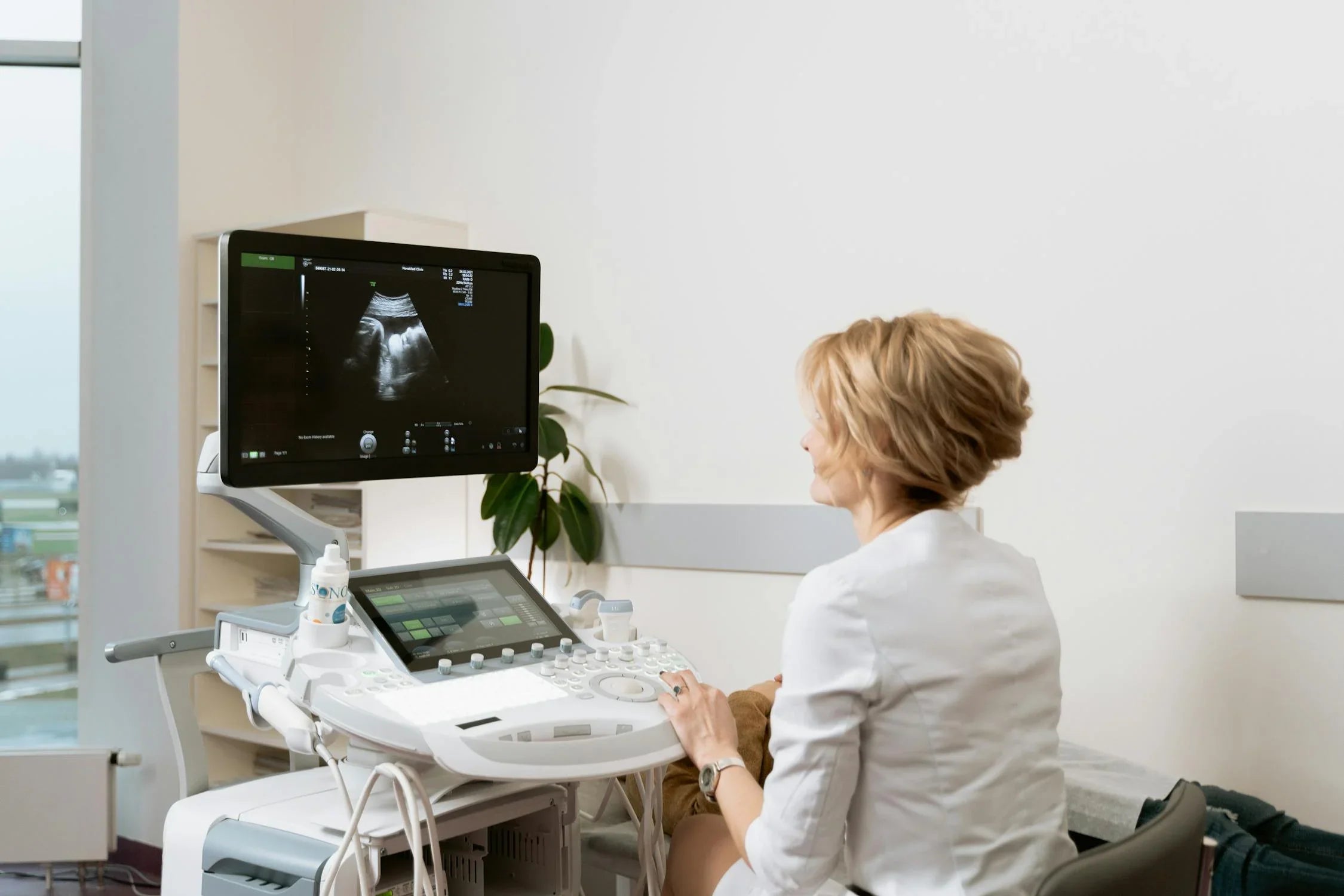Startseite
Pregnancy, Breastfeeding, and Pumping: The Ultimate Guide for Moms
When Is the Earliest to Test for Pregnancy: A Comprehensive Guide

When Is the Earliest to Test for Pregnancy: A Comprehensive Guide
For many women, the question of when is the earliest to test for pregnancy is a critical one. Whether you're hoping for a positive result or bracing for a negative, timing is everything. Understanding the science behind pregnancy tests and the factors that influence their accuracy can help you make informed decisions and reduce unnecessary stress.
Understanding Pregnancy Tests
Pregnancy tests work by detecting the presence of human chorionic gonadotropin (hCG), a hormone produced by the placenta shortly after a fertilized egg attaches to the uterine lining. This hormone is often referred to as the 'pregnancy hormone' because its levels rise rapidly in the early stages of pregnancy.
There are two main types of pregnancy tests: urine tests and blood tests. Urine tests are the most common and can be done at home, while blood tests are typically performed in a medical setting and can detect pregnancy earlier than urine tests.
When Can You Test for Pregnancy?
The earliest you can test for pregnancy depends on several factors, including the sensitivity of the test and the timing of implantation. Implantation usually occurs 6 to 12 days after ovulation, and hCG levels begin to rise shortly thereafter.
Most home pregnancy tests claim to detect pregnancy as early as the first day of a missed period. However, some highly sensitive tests can detect hCG levels as low as 10 mIU/mL, which may allow for detection as early as 7 to 10 days after ovulation.
Factors Affecting Test Accuracy
Several factors can influence the accuracy of a pregnancy test, including the timing of the test, the concentration of hCG in your urine, and the sensitivity of the test. Testing too early can result in a false negative, as hCG levels may not yet be high enough to detect.
It's also important to follow the instructions on the test carefully, as improper use can lead to inaccurate results. For example, using diluted urine or reading the test outside the recommended time frame can affect the outcome.
Maximizing Accuracy
To maximize the accuracy of a pregnancy test, it's best to wait until at least the first day of your missed period. If you're testing earlier, use a highly sensitive test and test with your first morning urine, as it is typically more concentrated.
If you receive a negative result but still suspect you might be pregnant, wait a few days and test again. hCG levels double every 48 to 72 hours in early pregnancy, so waiting can increase the likelihood of detecting the hormone.
What to Do After a Positive Test
If you receive a positive result on a pregnancy test, it's important to confirm the result with a healthcare provider. They can perform a blood test to measure hCG levels more accurately and provide guidance on next steps.
Early prenatal care is crucial for a healthy pregnancy, so schedule an appointment as soon as possible. Your healthcare provider can also address any questions or concerns you may have and help you prepare for the journey ahead.
Knowing when is the earliest to test for pregnancy can help you plan and prepare for the next steps in your life. Whether you're eagerly awaiting a positive result or hoping for a negative, understanding the timing and science behind pregnancy tests can empower you to make informed decisions. Remember, patience and accuracy are key, and consulting with a healthcare provider is always the best course of action.
Teilen
